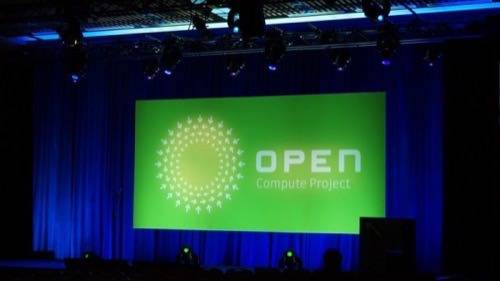
Want to get something done fast? Take Facebook’s advice and crowdsource it to a hackathon – the shortest, most-caffeinated distance between an idea and the real world.
This week in Santa Clara, Calif., Facebook’s Open Compute Project held its very first hardware hackathon – a competition run in parallel to two days of talks and sessions tackling some of the tech industry’s least sexy – but most foundational – challenges.
(More from the Open Compute Summit: Facebook’s “Group Hug” Frees The Microprocessor From The Motherboard.)
Operation Cheesy Fingers
The winning hack tackled server debugging – a notoriously analog process for anyone who’s spent time in a datacenter. The team of four, including one Facebook mechanical engineer, crafted a way to aggregate the debug information from an entire rack and pipe it over the Web. “You could have someone managing a data center in Portland from Menlo Park,” said Zak Homuch, one of the event’s coordinators.
“The code name for this was ‘Project Cheesy Fingers,’ because the idea is that you should be able to run a datacenter by sitting in your recliner with a beer and cheetos,” explains Andrew Cencini, a Bennington Computer Science Professor who led the software side of the hack. “The only reason you should get up from the chair and wipe the cheesy fingers off is if there’s actually a problem.”
From Hack To The Rack
The winning team gets a choice of having their design made into a prototype or being granted a provisional patent to protect their IP – Cencini’s group chose the latter. The debug port hack, designed around Facebook’s existing server hardware, could be a prototype with just a few more hours of work. Once prototyped, the design could be retrofitted to the company’s existing servers painlessly, making the datacenters run more efficiently, all with just a handful of hours of crowdsourced collaboration.
Facebook And The Open Compute Project
The Open Compute Summit’s hackathon had 100 entrants when it kicked off last Wednesday afternoon, though only about 40 saw the challenge through the full 12 hours. Other finalists included a chimney designed to pump heat away from the hardware and mesh that would create a 3D heat-model for a rack.
The Open Compute Project was conceived just 18 months ago by a small cluster of Facebook engineers. Steeped in the company’s open source, hacker-friendly tradition, they wanted to pry the proprietary lid off of server and datacenter hardware, opening it up with the same collaborative gusto that thrives in the world of open source software.
Image by Taylor Hatmaker.

















